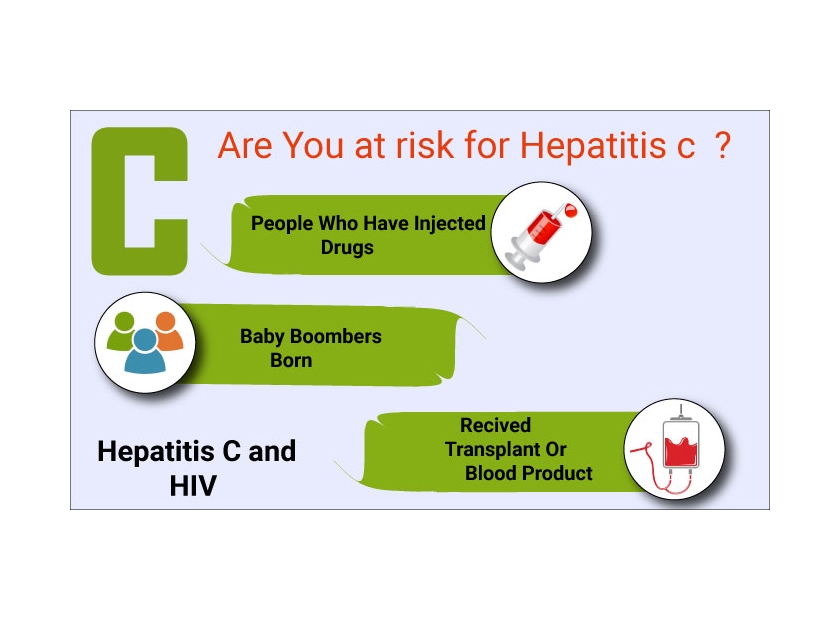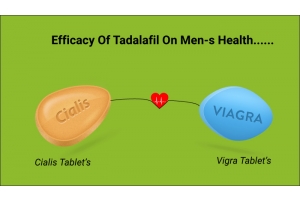Hepatitis C and HIV Are You at Risk for Coinfection
What is coinfection?
Coinfection occur when a person has two infections at once. When someone has the human immunodeficiency virus (HIV), their body’s immune system is delicate, making it easy to contract other infections such as pneumonia and certain liver diseases. Problem from liver disease account for 14 to 18 percent of deaths in people with HIV Of those infections create liver disease, hepatitis C is one of the most common.
According to the Centers for Disease Control and Prevention (CDC), about 25% of people with HIV in the United States also have hepatitis C. Both viruses are life-threatening, specially when left untreated. Read on to learn more about the chance for these viruses and what to do.
How do you contract hepatitis C?
Coinfection of HIV and hepatitis C (HIV/HCV coinfection) is relatively common. In people who contracted Hepcdac 60mg HIV from intravenous drug use, the coinfection rate is 50 to 90 percent. People are many likely to contract it from blood that contains the virus. For example, needle sticks, sharing needles, and getting tattoos puts one at risk of contracting hepatitis C.
One can also contract it by having sex without a condom with someone who has a hepatitis C infection. People who had a blood transfusion before 1992 or a clotting factor transfusion before 1987 are also at risk. Unlike hepatitis A and B, there’s no vaccine available for hepatitis C.
What are the risks of coinfection?
Since HIV adverse effects the immune system, a hepatitis C infection may progress fast toward liver harm. A hepatitis C infection is also less likely to clean up on its own. People with a HIV/HCV coinfection have a high risk for:
- hepatic fibrosis and cirrhosis, or excessive connective tissue buildup in the liver
- complications of chronic liver dysfunction
- liver failure
- mortality
If a person has been identify with HIV, their doctor may prescribe highly active antiretroviral therapy (HAART). HAART can help keep HIV under control, but some of these treatment can cause liver problems, special in patients with a hepatitis C coinfection.
This doesn’t mean anyone should stop their HIV Lamivir HBV 100mg treatment. In fact, the profit of HAART in patients with coinfection have been shown to outweigh the risks. A healthcare provide will monitor a person’s liver function while they’re on HAART.
One study showed that people with an HIV/HCV coinfection and an undetectable HIV viral load had a slower fibrosis progress. Another 2016 study develope that people with an HIV/HCV coinfection who took merge antiretroviral therapy (cART) had decreased levels of hepatitis C virus over time.
How to lower your risks for an HCV infection
It is important to take steps to avoid obtain infections, especially people living with HIV. HIV weakens the immune system and makes recuperation more difficult.
- The best way to prevent a HIV/HCV coinfection is to:
- avoid sex without a condom
- avoid sharing needles
- avoid using recreational drugs
- use one’s own toothbrush and shaving razor
- get regularly tested and treated for sexually transmitted infections
Taking preventive measures can help prolong and improve one is quality of life. Talk to your doctor if you have concerns about an HIV/HCV infection. Early Ledifos Tablets of acute hepatitis C is realted with better response rates. While having an HIV/HCV coinfection requires many attention, it’s a survivable condition.








